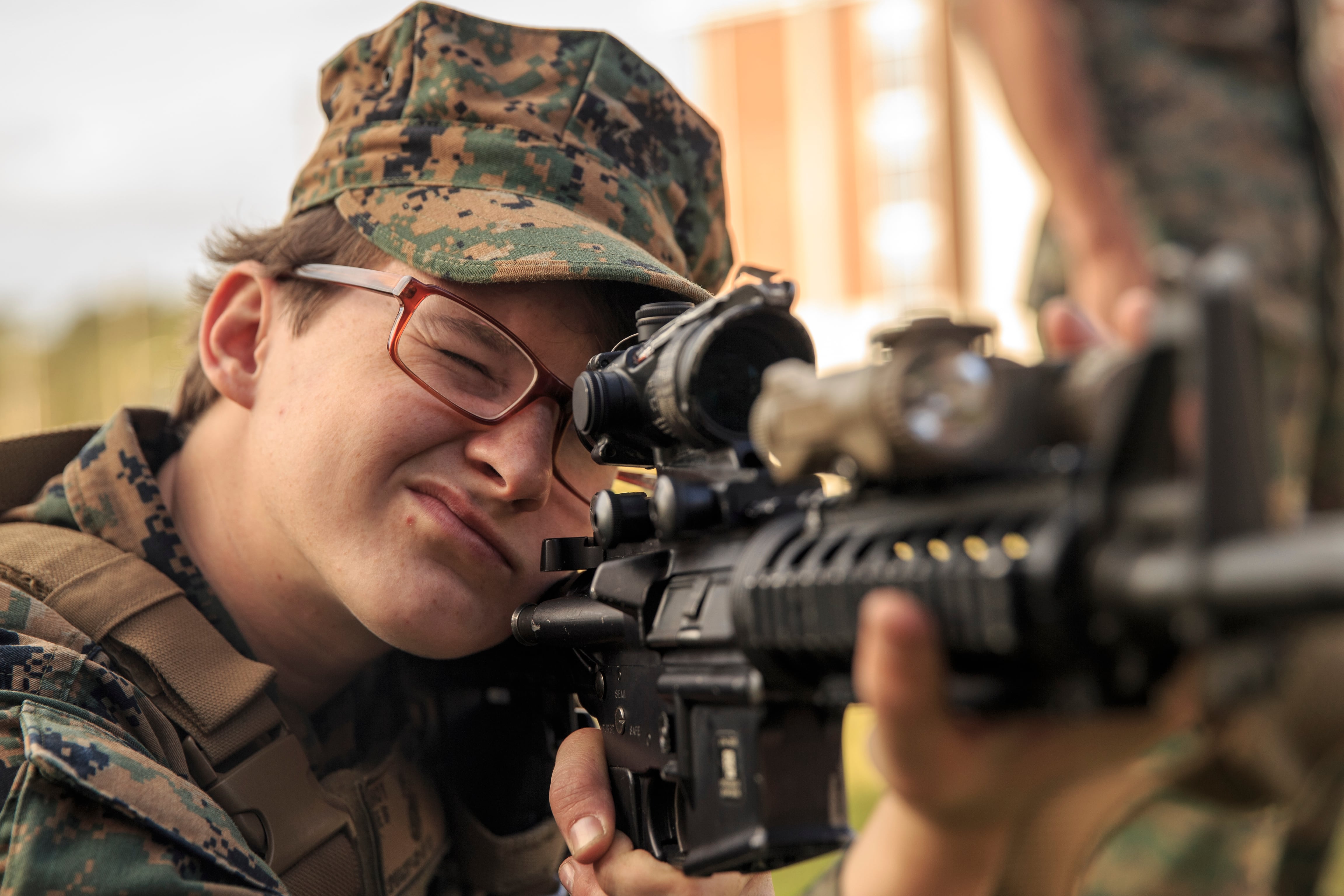WASHINGTON — Veterans Affairs officials say they are facing a “tsunami wave” of women veterans entering their systems, but lawmakers worry that the department’s annual budget requests aren’t keeping up with that demand.
Funding for health services specifically for women in VA has increased about 16 percent over the last five years, totaling just over $500 million in fiscal 2019.
But that figure is less than 1 percent of overall veterans health spending, even though women veterans represent one of the fastest growing populations using department care. The number of women using Veterans Health Administration services has tripled since 2001, and is expected to grow even faster coming years.
RELATED

“To me, that cries out for an increase in resources,” said Rep. Debbie Wasserman Schultz, D-Fla., and chairwoman of the House Appropriations Committee’s panel on veterans issues. “I don’t know how you don’t, given the explosion in women coming to VA.”
Her comments came at a committee hearing about two weeks before the expected release of the White House’s fiscal 2020 budget, one that President Donald Trump has publicly vowed will rein in spending on non-defense programs.
The VA budget broke $200 billion for the first time last year, but department leaders and outside advocates have argued that additional monies are needed in fiscal 2020 to keep up with demands on the system.
About 10 percent of the veterans population in America today are women, but they make up nearly 16 percent of the active-duty military force. That points to a steady increase in the women’s veterans population in coming years.
VA officials at Thursday’s meeting on women veterans issues deferred on the possible budget requests for women-specific services but said they believe they have made significant progress in reforming the system in recent years.
Dr. Patricia Hayes, chief consultant for VA’s Women’s Health Services, said all VA hospitals nationwide and 90 percent of VA community outpatient clinics have on site at least two care specialists focused on women’s health. Mammogram and maternity services at VA facilities have been expanded significantly.
But Hayes also acknowledged “small but persistent disparities in access for women veterans, who overall are waiting longer for appointments than males.” Leadership is looking for answers to that problem, including accelerated hiring of staff and identifying locations with particular cultural challenges that could add to the problem.
RELATED

More than 40 percent of women veterans in the VA system have been diagnosed with at least one mental health condition, adding to the need for trained staff personnel to provide them assistance.
Lawmakers said they believe some of those issues could be solved with more funding.
“Be specific about what your needs are, where we can target extra money,” Rep. John Carter, R-Texas, and ranking member of the veterans panel, asked the VA officials. “We are serious about this. We have to get this right.”
Hayes said the department would evaluate in coming weeks whether those concerns from Congress would require a boost to the president’s already planned budget request for the department.
That budget draft is expected to be released the week of March 11. Lawmakers in the House and Senate are expected to debate the details throughout the spring and summer.
Leo covers Congress, Veterans Affairs and the White House for Military Times. He has covered Washington, D.C. since 2004, focusing on military personnel and veterans policies. His work has earned numerous honors, including a 2009 Polk award, a 2010 National Headliner Award, the IAVA Leadership in Journalism award and the VFW News Media award.




